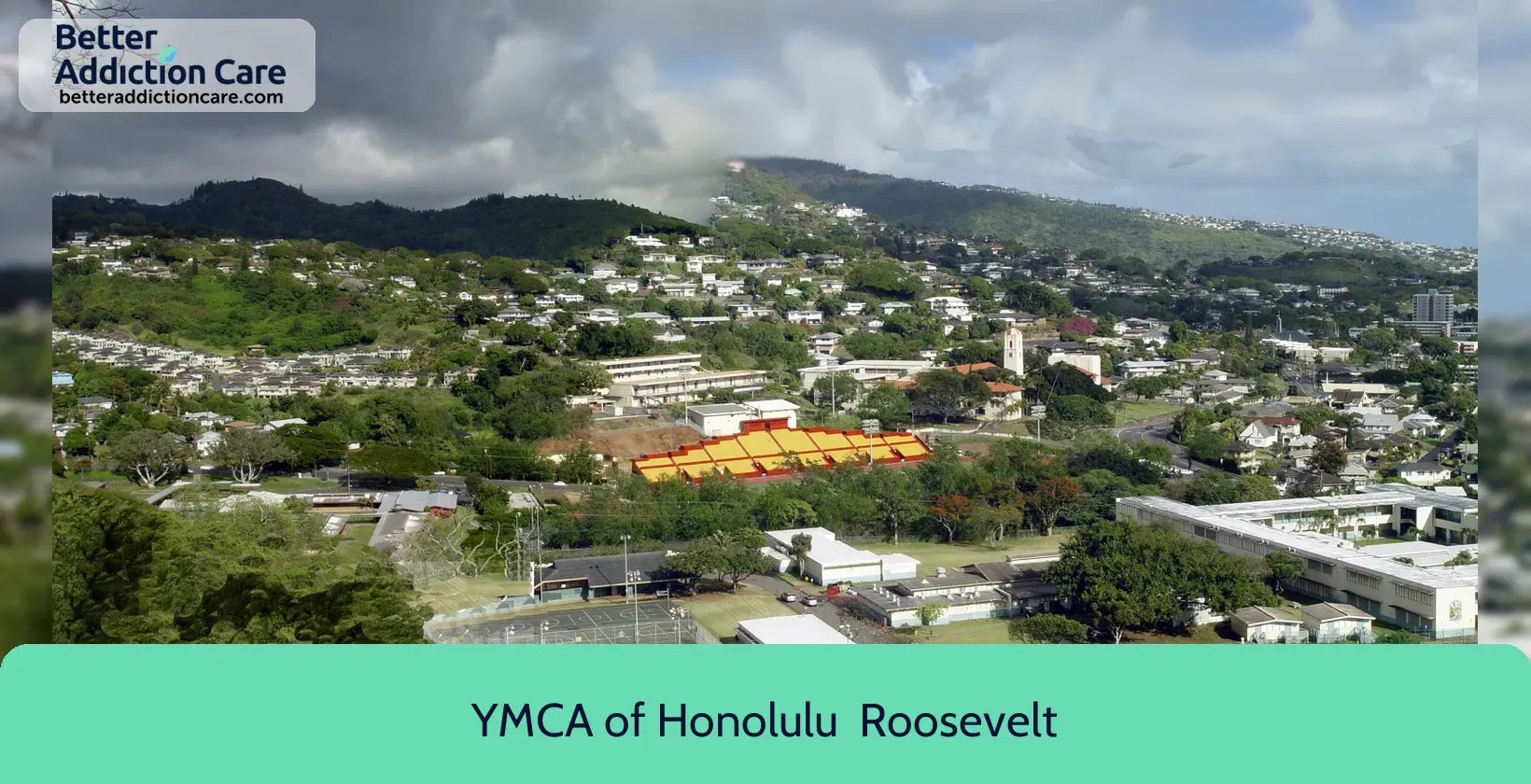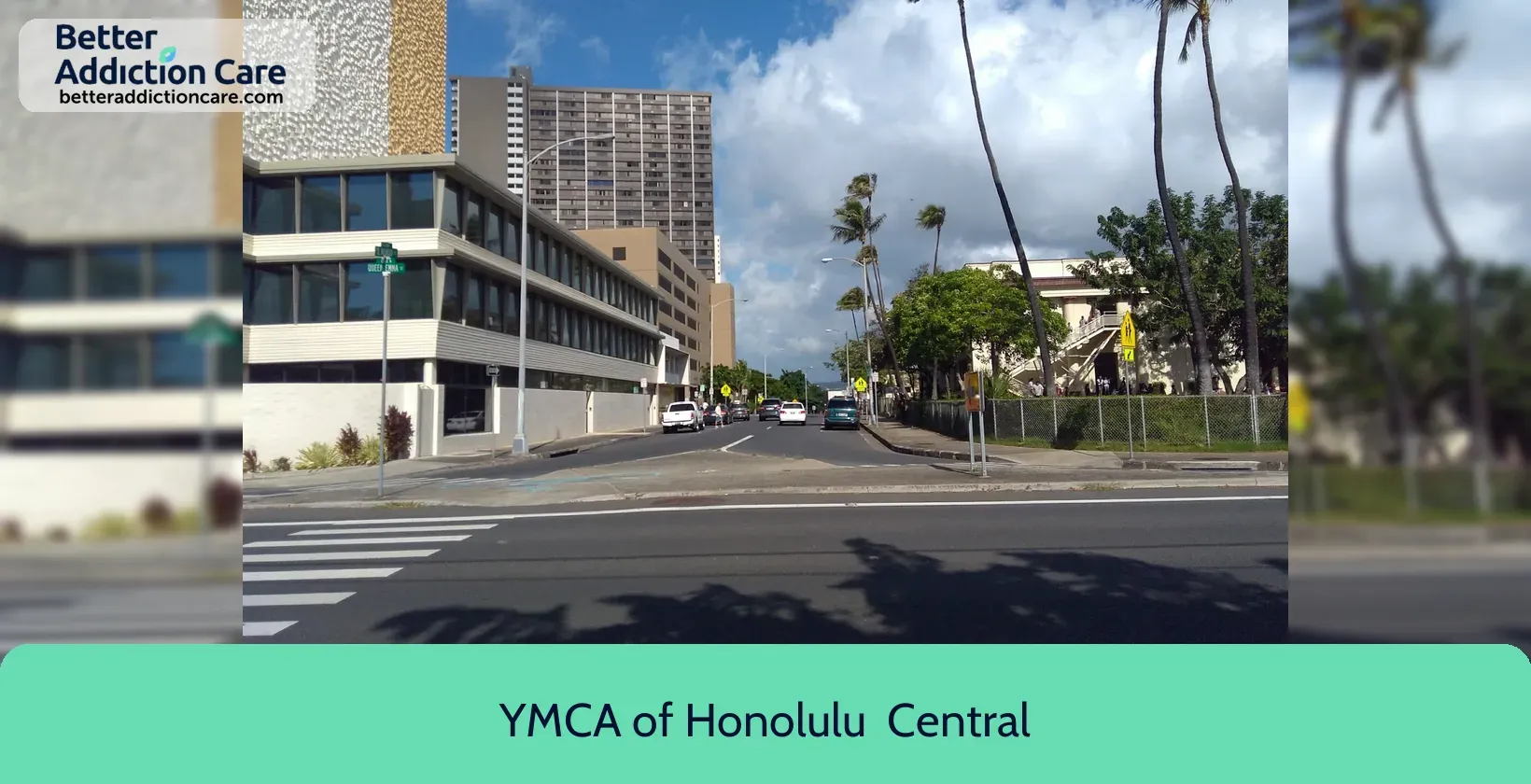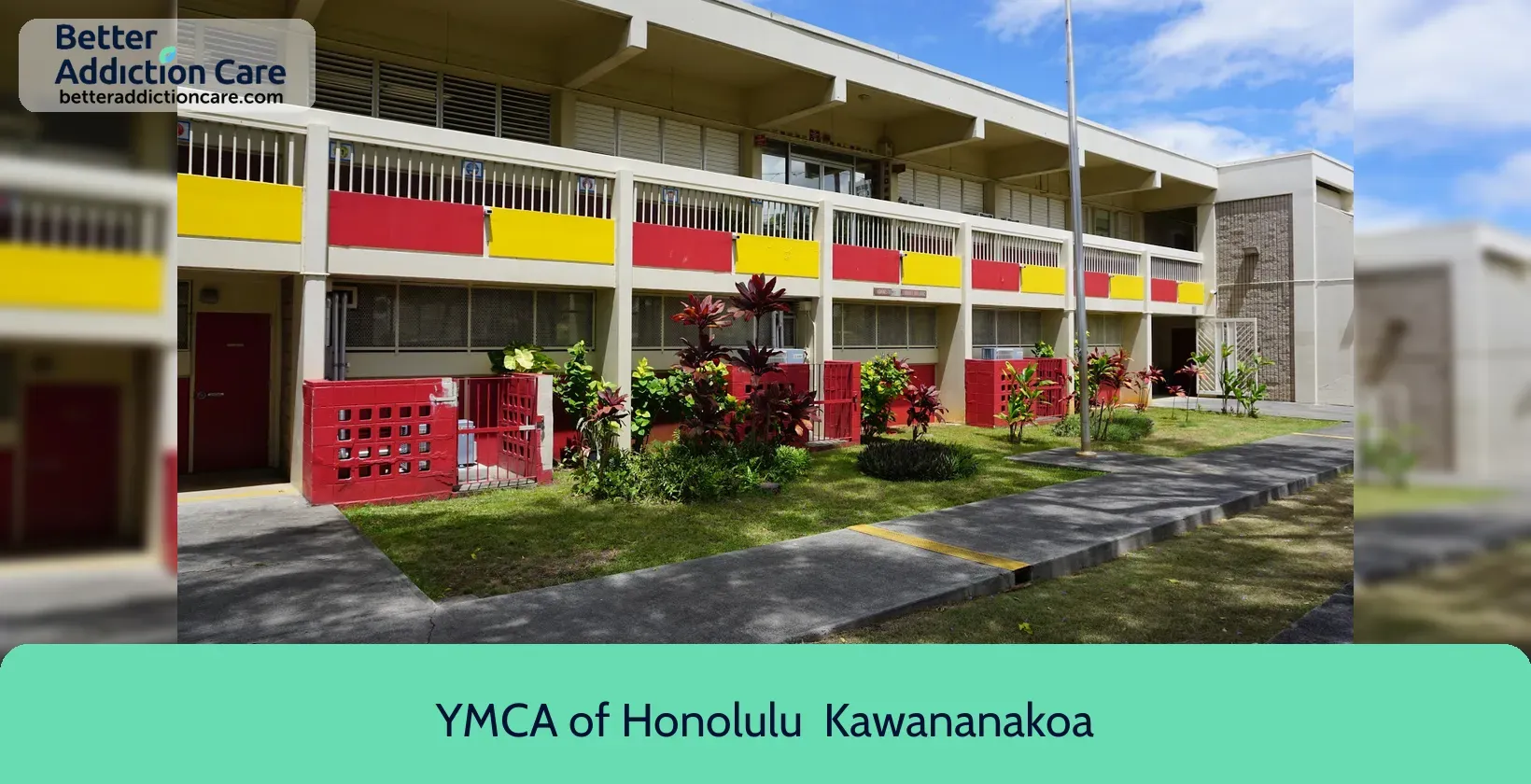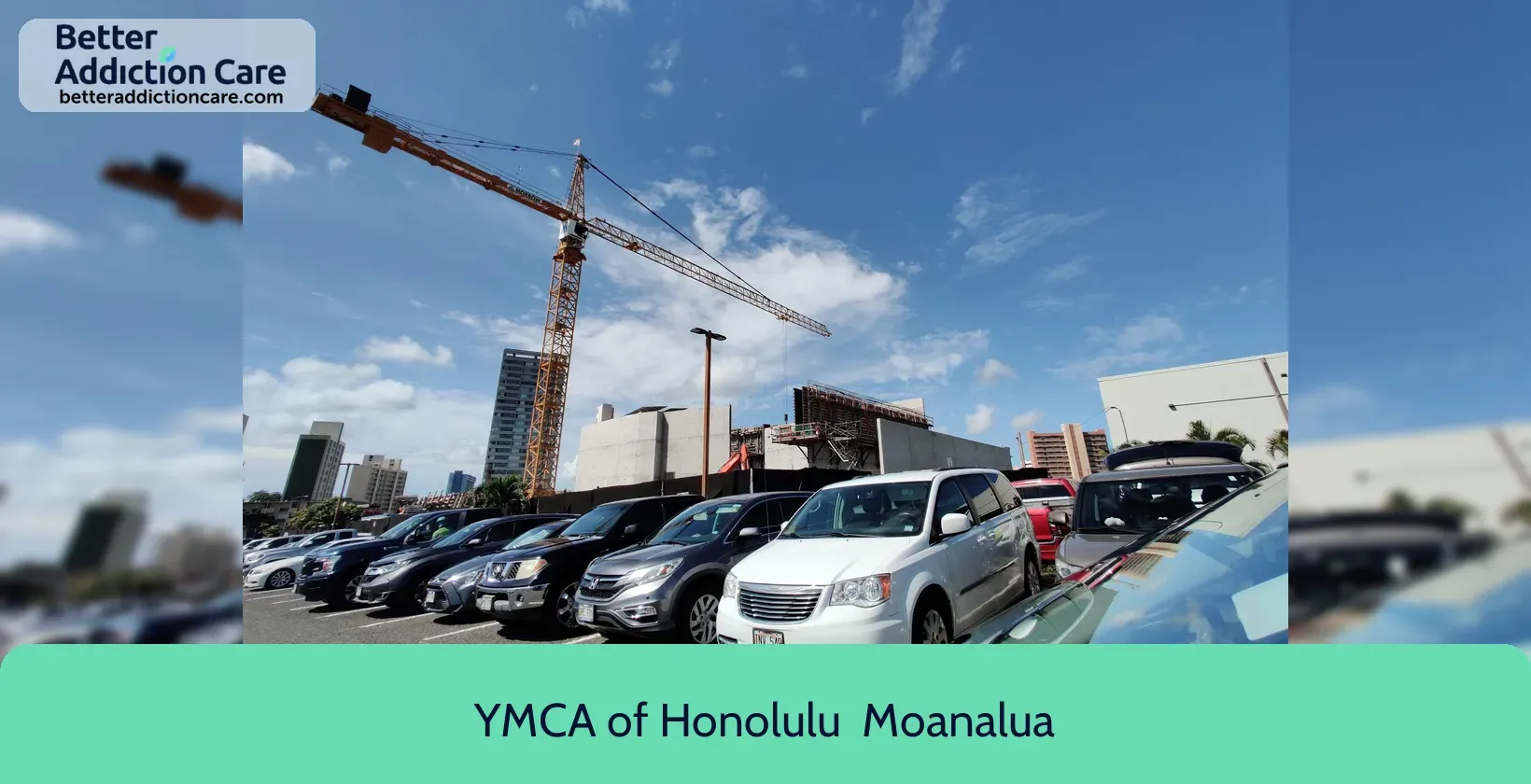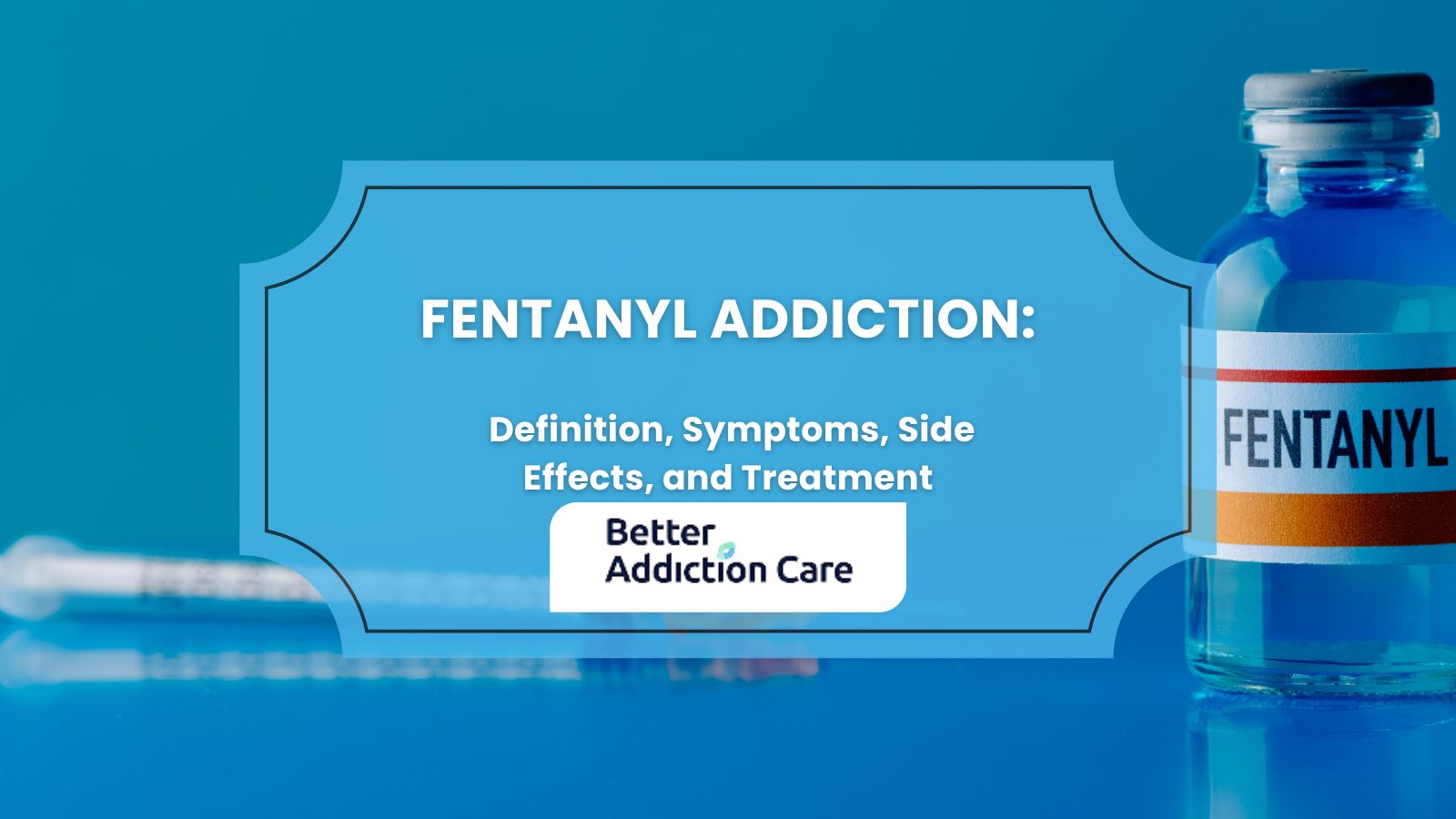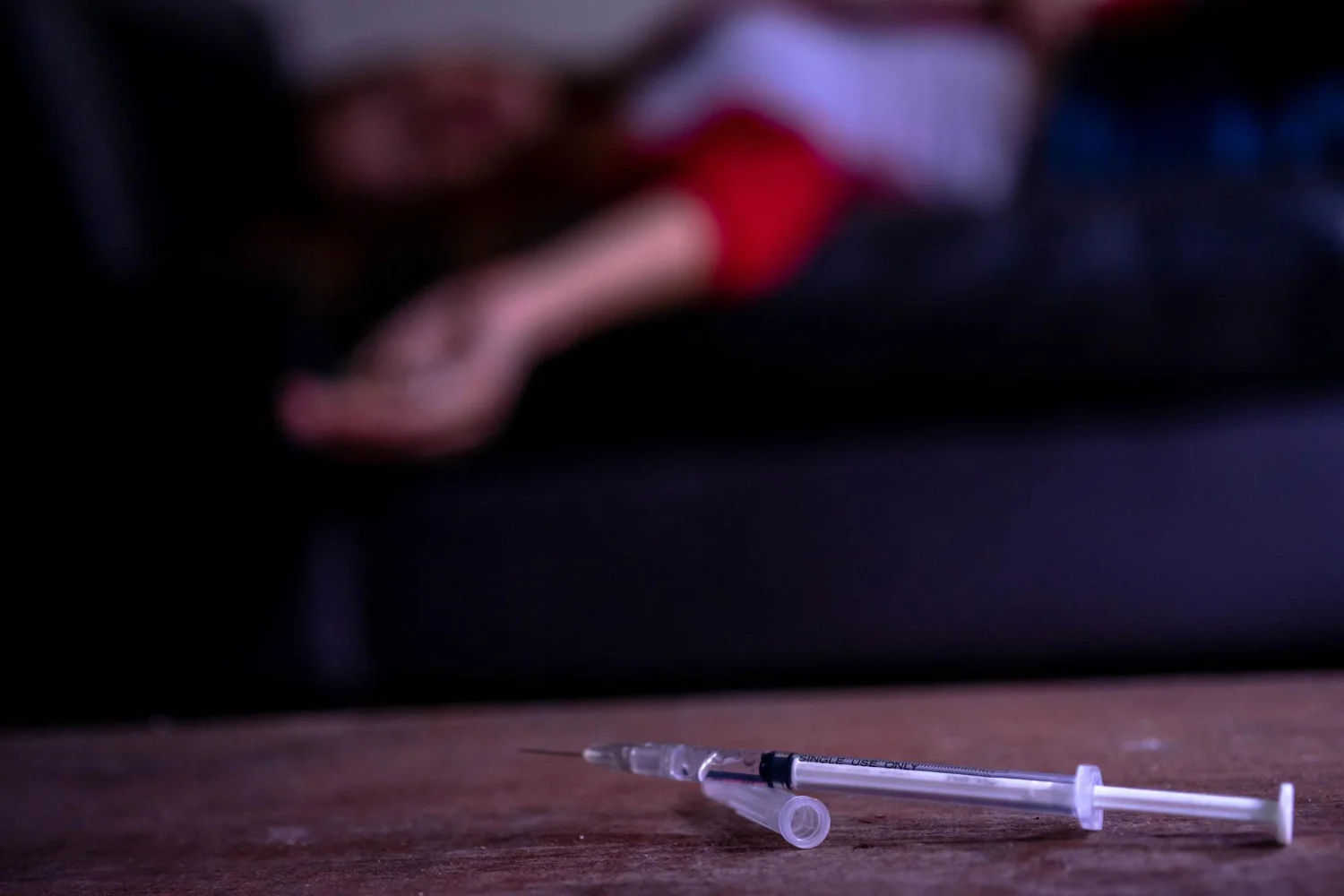DISCLAIMER: BetterAddictionCare.com is an independent information service for consumers who are dealing with addiction or seeking information on addiction treatment. All content and information provided by BetterAddictionCare.com are intended solely for informational and marketing purposes and are not intended to be a substitute for professional medical advice, diagnosis, or treatment. You should always seek medical advice from a licensed caregiver if you are experiencing any condition… which may require medical treatment, and in the event of an emergency, please dial 911 immediately. Any advertiser relationships are clearly marked as “Sponsored” or “Ad”. Reliance on any content or information set forth within this website is solely at your own risk. Our helpline is offered at no cost to you and with no obligation to enter into treatment. BAC does not provide referrals nor receive any commission or other fee that is dependent upon which treatment a visitor may ultimately choose. See Terms and Conditions for further details.
We improve our products and advertising by using Microsoft Clarity to see how you use our website.
By using our site, you agree that we and Microsoft can collect and use this data.
NA/AA DISCLAIMER: This Site is not affiliated with Narcotics Anonymous or Alcoholics Anonymous. The information on this Site is provided for informational purposes only. If there are any discrepancies of times, dates, or locations of meetings, please contact us so we can update the information as we strive to keep the information as current as possible.
Click on the logo to access Florida Department of Children And Families’ list of licensed service providers and recovery residences located in Florida








